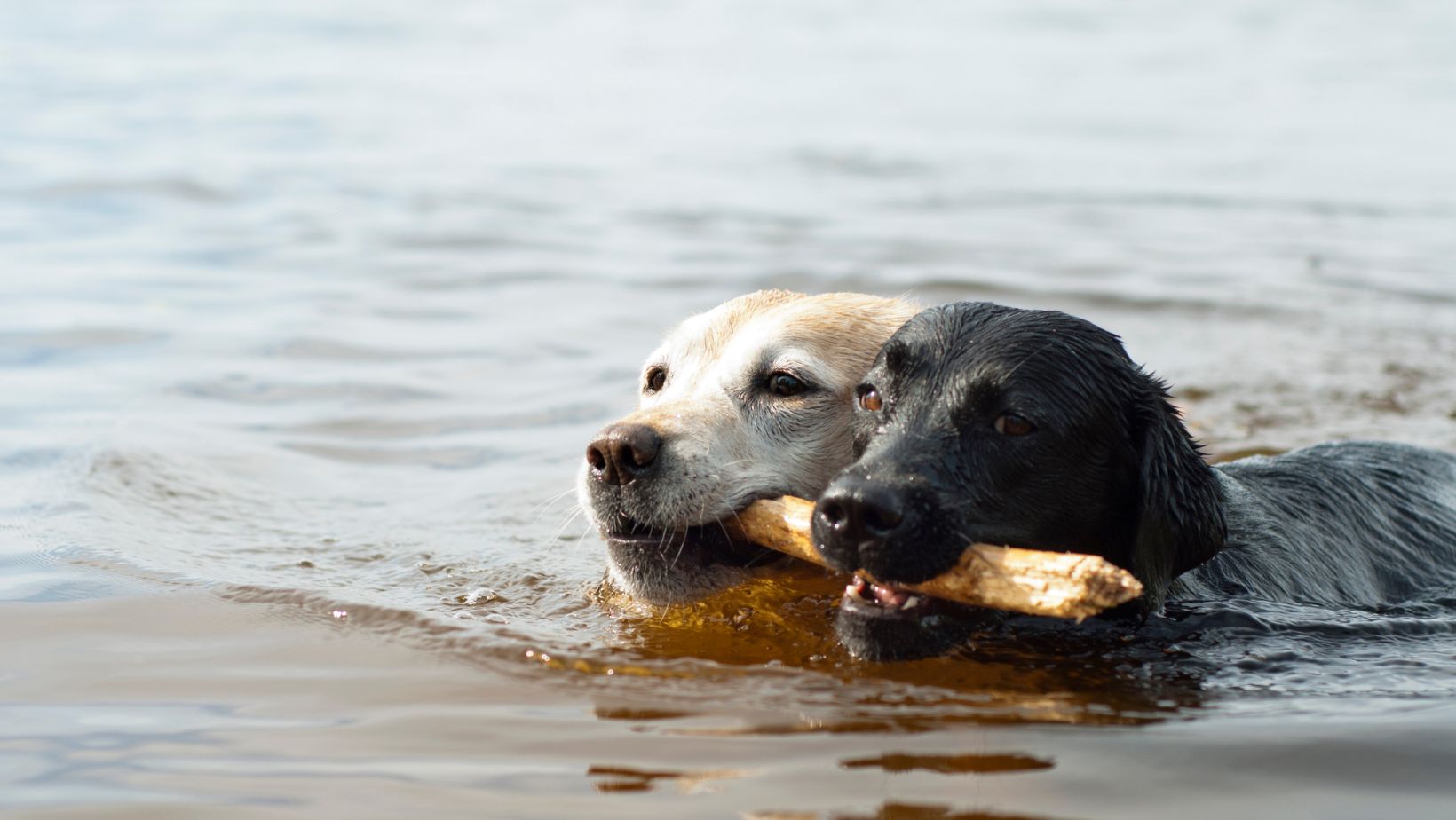How to Stop a Dog from Licking His Paws
Are you struggling with your Labrador constantly licking his paws? It can be frustrating and concerning behavior, but don’t worry, there are products available that can help stop this habit. In this article, I’ll share some effective solutions to prevent your dog from licking his paws and recommend specific products that are designed for Labradors.
One of the first steps in addressing paw licking is to identify the underlying cause. Dogs may lick their paws due to allergies, skin irritations, boredom, anxiety, or even pain. Once you determine the root cause of the behavior, you can choose the appropriate product to help alleviate it.
There are several options available in the market to assist with stopping paw licking in Labradors. Anti-lick sprays or gels can be applied directly on your dog’s paws to discourage excessive licking. These products usually have a bitter taste that will deter your Labrador from continuing this habit. Additionally, there are specially designed socks or booties that provide a physical barrier between your dog’s mouth and his paws.
Investing in an Elizabethan collar (also known as a cone) is another effective approach. This prevents your Labrador from accessing his paws altogether and gives them time to heal if they’re already irritated or injured.
By understanding why your dog is licking his paws and utilising the right products, you can effectively address this issue and help your beloved Labrador find relief. Let’s dive into more details about these products and how they can benefit both you and your furry friend!

Identifying the Reasons for Paw Licking
When it comes to our beloved Labradors, paw licking can be a common concern. As responsible pet owners, it’s important for us to understand the reasons behind this behavior in order to address it effectively. Let’s delve into some of the potential causes of excessive paw licking in dogs:
- Allergies: Allergies, whether food-related or environmental, can trigger relentless paw licking in Labs. It could be an allergic reaction to certain ingredients in their diet or even substances they come into contact with outdoors.
- Skin Irritation: Dogs may lick their paws excessively when they have skin irritations such as dryness, rashes, or infections. In some cases, these irritations might be caused by external factors like hot pavement or harsh chemicals.
- Parasites: Fleas and ticks are not only annoying but can also cause intense itching and discomfort for our furry friends. If your Labrador is constantly scratching and licking his paws, consider checking for any signs of these pesky parasites.
- Anxiety and Stress: Just like humans, dogs can experience anxiety and stress too. Paw licking can sometimes serve as a self-soothing mechanism for them when they feel anxious or overwhelmed.
- Boredom or Habitual Behavior: Dogs who are bored or lacking mental stimulation may resort to repetitive behaviors like excessive paw licking out of sheer habit or as a way to entertain themselves.
- Pain and Discomfort: Sometimes, underlying medical conditions such as arthritis or injuries can lead to persistent paw licking in Labradors as they try to alleviate pain and discomfort.
To determine the exact cause behind your Labrador’s paw licking habits, it’s crucial to observe their behavior closely and consult with a veterinarian if necessary. They will conduct a thorough examination and may recommend tests if needed.
Remember that while there are products available to help with paw licking, it’s essential to address the root cause of the behavior rather than relying solely on external remedies. By identifying and addressing the underlying reason behind your Labrador’s paw licking, you can provide them with the necessary relief and ensure their overall well-being.